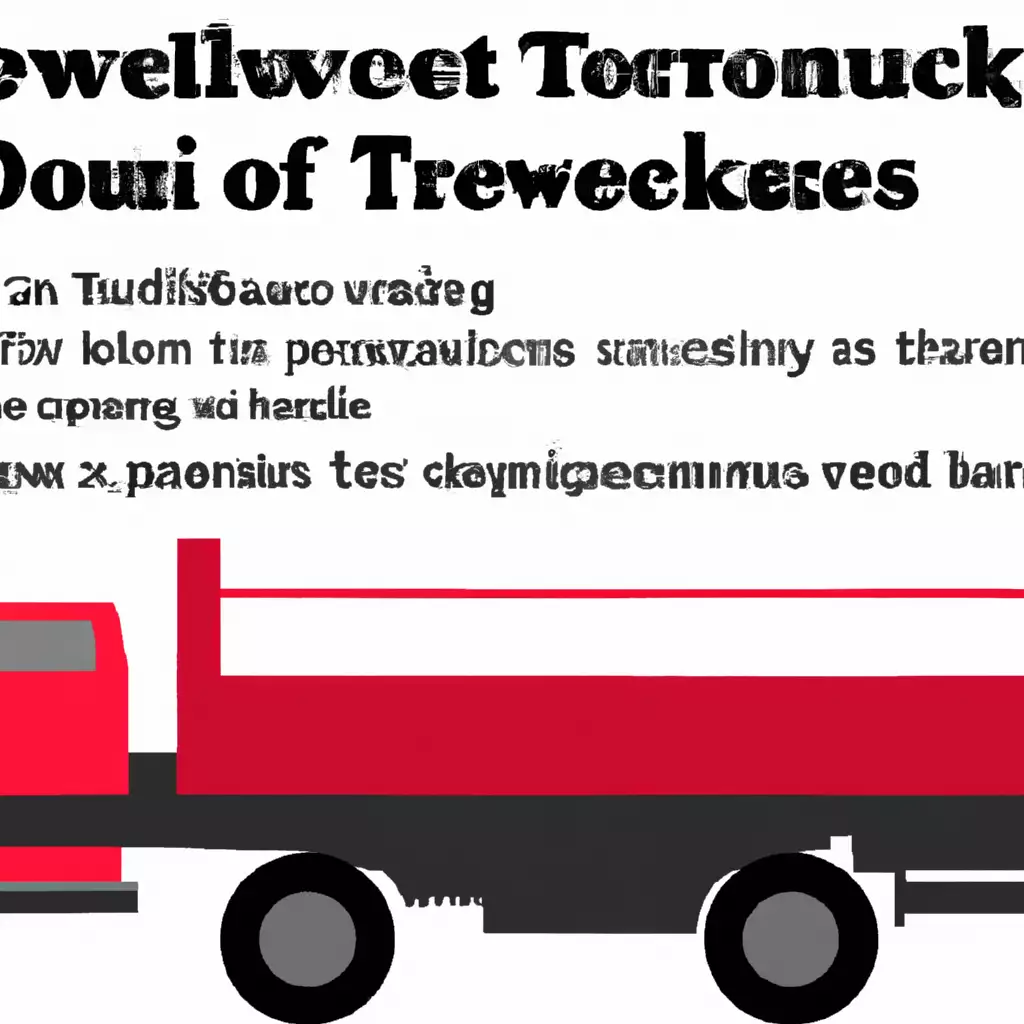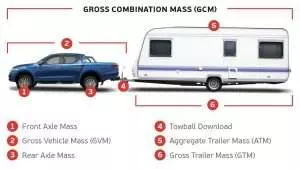In the world of hauling and towing, it is crucial to understand the limitations of your trusty truck. You may be enticed to push its boundaries and load it up with more weight than it can handle, but the consequences can be disastrous. Overloading your truck not only places immense stress on its components, but it also compromises your safety and the safety of those sharing the road with you. In this article, we will explore the potential repercussions of towing too much weight with your truck, highlighting the importance of adhering to your vehicle’s weight limits and ensuring a smooth and secure journey.
Understanding Towing Capacity
Towing capacity refers to the maximum weight that a vehicle can safely tow. It is an important specification to consider when using your truck for towing purposes. Understanding towing capacity is crucial to ensure the safety of both your vehicle and the people around you. By adhering to the towing capacity limits, you can prevent potential risks and problems that can arise from overloading.
Definition of Towing Capacity
Towing capacity is determined by the vehicle manufacturer and is usually specified in the owner’s manual or on a label attached to the vehicle. It is expressed in pounds or kilograms and represents the maximum weight that your vehicle can tow when properly equipped. This weight includes not only the trailer or other towed equipment but also the cargo and passengers inside the vehicle.
Factors Determining Towing Capacity
Several factors influence the towing capacity of a vehicle. The most significant factors include the engine power, transmission type, suspension system, braking capabilities, and the structural strength of the vehicle’s frame. Additionally, other factors such as the presence of towing accessories like a tow hitch or trailer brake controller can also impact the towing capacity. It is essential to be aware of these factors and consider them before attempting to tow any load.
Types of Towing Capacity
There are typically three types of towing capacity specifications for a vehicle: gross trailer weight rating (GTWR), gross vehicle weight rating (GVWR), and tongue weight rating (TWR). The GTWR refers to the maximum weight of the trailer and its cargo combined. The GVWR indicates the maximum allowable weight of the entire vehicle, including passengers and cargo, while the TWR focuses on the downward force exerted on the hitch ball by the tongue of the trailer. Understanding these different types of towing capacity is crucial for safe towing.
Consequences of Overloading
Overloading your vehicle beyond its towing capacity can have severe consequences. Ignoring the limitations of your truck’s towing capacity can lead to various safety risks for both you and other road users.
Risk of Damage to Vehicle Components
Exceeding the towing capacity puts excessive strain on various vehicle components. The engine, transmission, cooling system, and drivetrain can all be negatively affected. These vital components are not designed to withstand the added stress caused by towing weights beyond the manufacturer’s specifications. Over time, this strain can lead to premature mechanical failures and costly repairs.
Impaired Braking Performance
Overloading a vehicle can severely impair its braking performance. Towing places additional strain on the braking system as the added weight increases the distance required to bring the vehicle to a complete stop. The brakes become less effective, leading to longer braking distances and potentially dangerous situations. Worn-out brake pads, overheated brake discs, and decreased brake fluid effectiveness are common issues that can arise from overloading.
Loss of Control and Stability
Overloading a vehicle compromises its stability and control. Exceeding the towing capacity can cause the rear of the truck to sag, putting extra weight on the rear suspension and reducing the frontal stability. This leads to a less predictable and potentially dangerous driving experience. Sudden lane changes or maneuvers become more difficult to execute, increasing the risk of accidents.
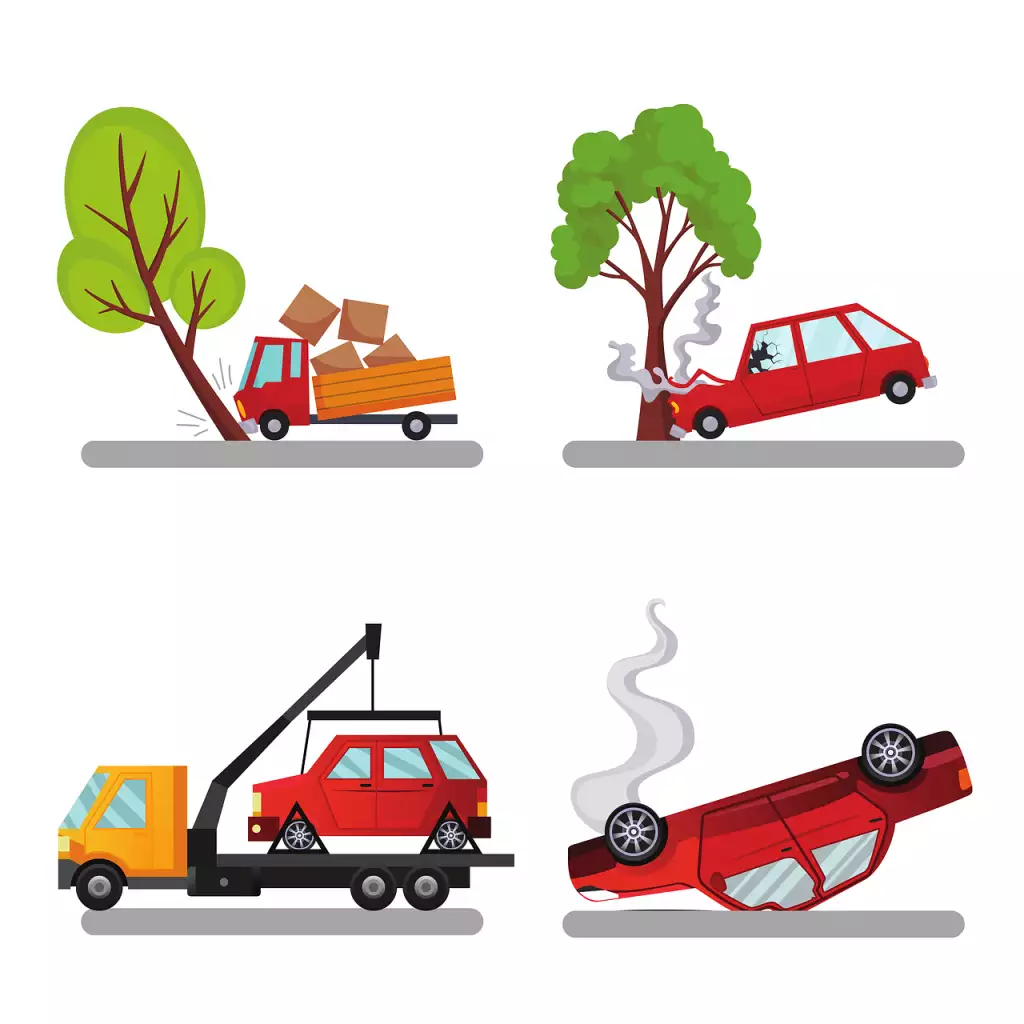
This image is property of pixabay.com.
Effect on Fuel Efficiency
Overloading your vehicle not only impacts its performance, but it also has a significant effect on fuel efficiency.
Increased Fuel Consumption
When you exceed your truck’s towing capacity, it requires more energy to maintain the required speed and power while towing the additional weight. Consequently, the engine has to work harder, resulting in increased fuel consumption. The constant strain on the engine and transmission can cause fuel efficiency to drop considerably, leading to more frequent visits to the gas station.
Reduced Mileage and Range
Overloading affects the overall mileage and range of your vehicle. The excessive weight puts a considerable burden on the engine, resulting in a reduced ability to travel long distances without refueling. Additionally, the added strain on the engine can reduce its lifespan, further impacting the vehicle’s mileage and long-term durability.
Impact on Suspension and Handling
Overloading your vehicle beyond its towing capacity can have detrimental effects on its suspension system and overall handling capabilities.
Strain on Suspension Springs
The suspension system of a vehicle is responsible for providing a smooth and stable ride. However, overloading the vehicle places excessive strain on the suspension springs, leading to premature wear and potential damage. This can result in a harsh and uncomfortable ride, compromised handling, and decreased stability.
Uneven Tire Wear
When a vehicle is overloaded, its tires bear an increased weight load. This uneven distribution of weight can lead to uneven tire wear. Over time, this can cause irregular tread wear patterns and decrease the overall lifespan of the tires. Uneven tire wear also compromises traction and increases the risk of tire blowouts, especially under heavy towing conditions.
Difficulty Steering and Maneuvering
Overloading a vehicle affects its steering capabilities and overall maneuverability. The increased weight can make it harder to steer, especially in tight spaces or during low-speed maneuvers. This reduced maneuverability can lead to difficulties in parking, backing up, or navigating sharp turns, compromising safety and control on the road.
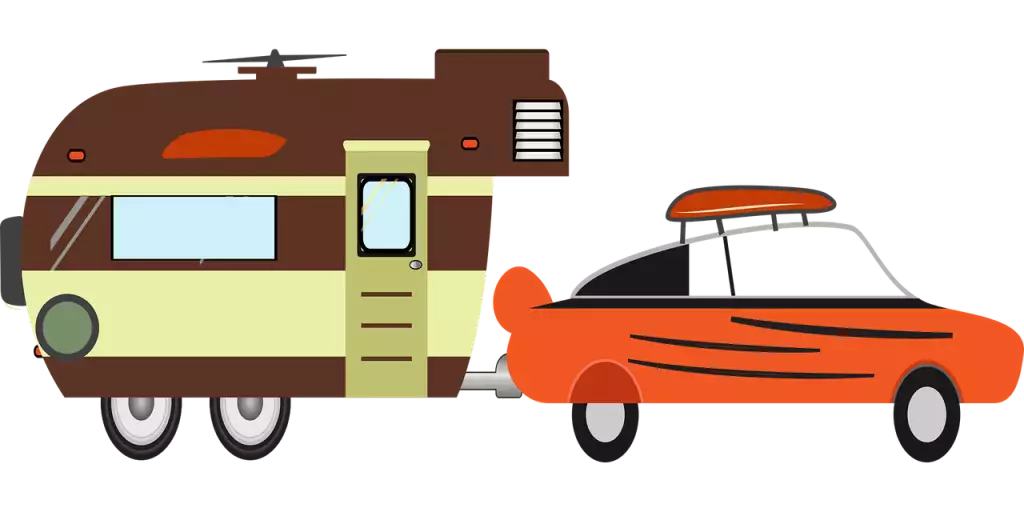
This image is property of pixabay.com.
Excessive Wear and Tear
Overloading your truck beyond its towing capacity causes excessive wear and tear on various components, resulting in costly and premature repairs.
Additional Stress on Engine and Transmission
The engine and transmission of a vehicle are essential for proper operation. Overloading these components places them under increased stress and demand. This added strain can lead to accelerated wear and potential breakdowns. Over time, the excessive weight can cause overheating, damage to internal components, and a decrease in performance.
Accelerated Wear of Brakes
The increased weight from overloading puts additional strain on the braking system, resulting in faster wear of brake pads, discs, and rotors. The added load requires more frequent and forceful braking, causing brake components to heat up quickly. This excessive heat can lead to brake fade and decreased braking effectiveness, compromising the safety of your vehicle and those around you.
Premature Wear of Tires
Overloaded vehicles exert excessive force on the tires, causing them to wear out faster than usual. This accelerated wear can lead to reduced tread depth, decreased traction, and an increased risk of tire blowouts. Premature tire wear not only affects the vehicle’s performance but also increases the likelihood of accidents and compromises overall safety.
Legal and Safety Consequences
Exceeding your truck’s towing capacity can have severe legal and safety consequences that should not be ignored.
Violations and Penalties
Operating a vehicle that exceeds its towing capacity is often a violation of traffic laws and regulations. Many jurisdictions have specific rules regarding maximum towing capacities, and exceeding these limits can result in fines, penalties, or even the suspension of your license. It is essential to be familiar with the towing regulations in your area to avoid any legal consequences.
Increased Risk of Accidents
Overloading a vehicle significantly increases the risk of accidents and diminishes the safety of everyone on the road. The added weight negatively affects the vehicle’s stability, braking performance, and overall handling. This makes it more challenging to maintain control of the vehicle and respond to sudden changes in traffic conditions. Overloaded vehicles are more prone to swaying, jackknifing, and rolling over, posing a significant risk to the driver, passengers, and other road users.
Liabilities in Case of Incidents
If an accident were to occur while your vehicle is overloaded, you could be held liable for any damages or injuries that result. Insurance companies may deny coverage if it is discovered that you were towing beyond your vehicle’s towing capacity. This can expose you to significant financial obligations and legal consequences, impacting your personal and financial well-being.
Insurance Complications
Overloading your vehicle can complicate insurance matters. If you are involved in an accident while towing beyond your vehicle’s towing capacity, insurance providers may question your compliance with towing regulations. This can result in claims being denied, leaving you responsible for the costs of repairs or damages. It is crucial to adhere to the recommended towing capacity to avoid potential insurance complications.
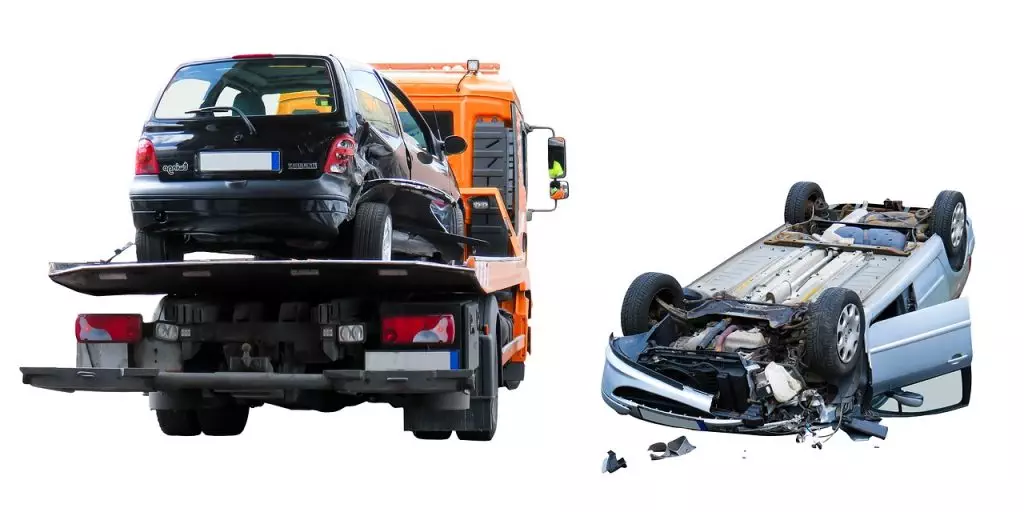
This image is property of pixabay.com.
Reduced Towing Performance
Towing capacity limitations exist for a reason, as exceeding these limits can severely hamper your vehicle’s towing performance.
Slower Acceleration
Overloading your vehicle negatively impacts its acceleration capabilities. The added weight places significant strain on the engine, reducing its power and responsiveness. As a result, the acceleration of an overloaded vehicle will be slower, making merging onto highways or overtaking other vehicles more challenging and potentially dangerous.
Poor Towing Stability
Exceeding the towing capacity compromises the stability of your vehicle while towing. An overloaded trailer can cause significant swaying or fishtailing, making it difficult to maintain control. Poor towing stability increases the likelihood of accidents and can lead to the loss of both your vehicle and the trailer.
Limited Control on Inclines
When towing uphill or downhill, the added weight can affect your vehicle’s ability to maintain control on inclines. Overloaded vehicles may struggle to climb steep hills, causing substantial strain on the engine and transmission. Descending steep inclines becomes hazardous as the extra weight can lead to uncontrollable speeds, increased brake fade, and reduced braking effectiveness.
Effects on Overall Vehicle Performance
Overloading your vehicle not only impacts its towing capabilities but also compromises its overall performance.
Decreased Acceleration and Power
Exceeding your vehicle’s towing capacity negatively affects its acceleration and power. The strain on the engine and drivetrain results in reduced horsepower, torque, and overall performance. This decrease in power can significantly impact the vehicle’s ability to tackle steep hills, accelerate faster, or tow heavy loads efficiently.
Reduced Cornering Ability
Overloading a vehicle affects its ability to maneuver corners safely and effectively. The excess weight alters the vehicle’s center of gravity, making it more challenging to maintain stability during turns. This reduced cornering ability increases the risk of rollovers and compromises the overall safety of your vehicle.
Compromised Suspension Comfort
Overloaded vehicles experience increased stress on their suspension systems, compromising ride comfort. The suspension system struggles to absorb the added weight, resulting in a harsher ride quality. This can be particularly uncomfortable for occupants, especially during long journeys or when traveling over rough terrain.

Potential Damage to Trailer or Cargo
Exceeding your vehicle’s towing capacity can have detrimental effects not only on the vehicle itself but also on the trailer or cargo being towed.
Structural Damage to Trailer
Overloading a trailer beyond its maximum weight capacity can cause significant structural damage. The excessive weight can lead to frame distortion, compromised welds, and overall structural failure. This poses a significant danger to both the trailer and its occupants, potentially resulting in accidents, injuries, and costly repairs.
Damage to Cargo
Carrying more weight than your vehicle’s towing capacity allows can cause damage to your cargo. Overloaded cargo may shift during transportation, leading to breakage, shifting loads, or damage to fragile items. This can result in financial loss, inconvenience, and potential safety hazards for you and those around you.
Increased Risk of Accidents
Overloading your vehicle not only poses risks to its components but also significantly increases the risk of accidents involving other vehicles on the road. The added weight affects the braking distance, stability, and overall control of your vehicle, making it more difficult to avoid collisions or respond quickly to sudden changes in traffic conditions.
Preventing Overloading and Ensuring Safety
Preventing overloading of your vehicle is crucial for maintaining safety and preventing damage. By following these guidelines, you can ensure that your vehicle is within its towing capacity and that you are towing safely.
Know Your Truck’s Towing Capacity
The first step in preventing overloading is to know and understand your truck’s towing capacity. Refer to the owner’s manual or the manufacturer’s specifications to determine the maximum weight your vehicle can safely tow. Knowing this information will allow you to make informed decisions when it comes to choosing trailers or cargo to tow.
Weigh Your Load
Before towing, it is essential to weigh your load to ensure that it falls within the towing capacity of your vehicle. Use a certified scale to determine the weight of both the trailer and its cargo. Distribute the load evenly and avoid placing excessive weight on the tongue of the trailer. Weighing your load provides you with accurate information and allows you to adjust if necessary.
Use Proper Equipment and Distribution
Using proper towing equipment, such as a compatible tow hitch and trailer brake controller, is essential for safe towing. Ensure that the equipment is suitable for the weight and size of the trailer being towed. Additionally, distribute the weight evenly throughout the trailer, placing heavier items low and towards the front. This helps maintain stability and ensures that the load is evenly distributed across the axles.
Observe Speed Limits and Safe Driving Practices
When towing, it is crucial to observe posted speed limits and practice safe driving habits. Adhering to speed limits allows you to maintain better control of your vehicle and react appropriately to changing road and traffic conditions. When towing, increase your following distance to allow for greater braking distances and avoid sudden maneuvers that can cause instability.
In conclusion, towing capacity is a critical consideration when using your truck for towing purposes. Overloading your vehicle can have severe consequences, including damage to vehicle components, impaired braking performance, loss of control, reduced fuel efficiency, and excessive wear and tear. It can also lead to legal and safety consequences, reduced towing performance, compromised overall vehicle performance, potential damage to trailers or cargo, and increased risks of accidents. To prevent overloading and ensure safety, it is important to know your truck’s towing capacity, weigh your load, use proper equipment and distribution, and observe speed limits and safe driving practices. By following these guidelines, you can tow safely and avoid the risks associated with overloading.

